KOTA KINABALU (Bernama) – In Sabah, it is not unusual to find families consisting of individuals from different ethnic and religious backgrounds who coexist harmoniously.
The Sabah people’s openness to forging a sense of togetherness irrespective of race, ethnicity, skin colour or religion is something that has been handed down from generation to generation.
Hence, the Malaysian Family concept espoused by Prime Minister Datuk Seri Ismail Sabri Yaakob is a perfect fit for the people of the Land Below the Wind because the fundamental value of unity in diversity is already an integral part of their lives.
As Chief Minister Datuk Hajiji Noor puts it, the family spirit has been in existence in Sabah for ages and that the introduction of the Malaysian Family concept by the prime minister resonated well with the characteristics of the local populace.
Speaking to Bernama in an exclusive interview recently, Hajiji, 65, said the family and unity in diversity values have played a crucial role in enabling Sabah to progress over the last 58 years since the formation of the Federation of Malaysia on Sept 16, 1963.
“In Sabah, it’s not surprising to see families that have members from various backgrounds. For instance, you can find a family that has Muslim and Christian members… this is something that is common in the lives of the people of Sabah,” he said.
FULL SUPPORT
Giving his full support to the Malaysian Family concept, Hajiji said unity among Malaysians, regardless of the differences in their backgrounds and political ideologies, is a valuable quality when it comes to supporting the interests of the nation and being willing to sacrifice for the good of the nation.
Viewing Sabah’s entry into the federation 58 years ago as joining a big family, the chief minister said the state has since then developed and taken on challenges and reaped many benefits as a “family” unit.
Sabah, he said, has come a long way from the pre-federation days when it was backward and lacked basic infrastructure; nonetheless, the local people’s special trademark has remained intact over the years, namely their acceptance of one another as family and their courteous ways.
According to Hajiji, even as Sabah progressed and modernised along with other Malaysian states, the people did not let go of their spirit of togetherness and courteousness as these values were deeply engraved in their hearts.
“Hence, these values must be maintained and nurtured, especially among the younger generation in Sabah, as well as the whole nation,” he said.
“We must learn from the lessons of the past to drive the development of the state and the nation, as well as the people’s economy to enable us to become independent citizens who have the opportunity to improve our well-being jointly.”
Like the saying ‘United we stand, divided we fall’, Sabah derives its strength from being a component of the Malaysian federation as various opportunities are made available to the state. Not only that, the state is also seen to be progressing to a level where it can compete in the international arena in the areas of education, technology and so on.
“As a nation, we are not trailing behind other countries. The point to drive home is that Sabah wants to (continue to) be a part of the Malaysian Family so that we are assured of our security, racial unity and social benefits provided by the government for the good of all,” he added.
MALAYSIA AGREEMENT 1963
On the Malaysia Agreement 1963 (MA63), Hajiji said as the head of the Malaysian Family, the federal government is seen as being very positive in its efforts to fulfil all the provisions in the agreement concerned, particularly in terms of what Sabah is supposed to receive, through various mechanisms, among them being the establishment of a federal-level committee chaired by the prime minister.
MA63 is a legal document that spells out the terms for the formation of the Federation of Malaysia. It was signed in London on July 9, 1963, among Great Britain, the Federation of Malaya, Singapore, North Borneo (Sabah) and Sarawak.
“Now we have a federal-level committee, of which I’m also a member as chief minister of Sabah, to discuss the relevant matters, including Sabah’s rights under MA63. So, I’m just saying that we hope the issues or demands made by Sabah are given due consideration by the federal government, which we will discuss together,” he said.
Sabah’s demands, according to Hajiji, are well-intended and for the common good of all and should be discussed within the Malaysian Family context to enable Sabah to progress further. Currently, Sabah lags behind in infrastructure facilities when compared to the other states, he added.
“People living in the interior areas and on islands have yet to enjoy infrastructures such as roads and telecommunication facilities. This is our priority as a Malaysian Family,” he said.
Commenting on efforts being taken to develop Sabah, Hajiji said Gabungan Rakyat Sabah (GRS) – the coalition that runs the Sabah state government – has drawn up a five-year development plan called ‘Halatuju Sabah Maju Jaya (2021-2025)’ to drive the development of the state. The plan, launched in March this year, is currently in its first phase.
Hajiji, who is GRS chairman, said the development plan is important as it will enable the state government to fulfil the pledges made by the coalition during the state election last year.
He said when he assumed the post of chief minister in September last year, Sabah was facing a host of challenges brought about by the COVID-19 pandemic. The economy was practically at a standstill then while businesses and state borders were closed and the people’s livelihoods were badly affected
“Our development plan (‘Halatuju Sabah Maju Jaya’) is set to be the catalyst for Sabah’s recovery. It includes everything… we will restore our economy and set the directions for development. The recovery of the various sectors, especially the economy, will be our priority,” he added.
COVID-19
Sabah, which is among the states that recorded a huge spike in COVID-19 cases, was able to handle the pandemic with the help of the federal government and other states in the true spirit of the Malaysian Family.
Hajiji said the federal government’s sincerity was evident when it channelled over 2.89 million doses of COVID-19 vaccines to Sabah this month, which will help the state to achieve its target of vaccinating 60 percent of its adult population by this month.
Pointing out that vaccinations and complying with the standard operating procedures (SOPs) are among the most effective ways to check the spread of COVID-19 in the state, he said the state government is working earnestly to vaccinate 80 percent of its adult population by next month.
“As part of our outreach programme, we are going to villages located in remote areas and islands to vaccinate the people there. With more people protected, we can eventually open up more economic sectors and restore the people’s lives.
“However, to do this we need the support of all, including the people themselves who must cooperate by complying with the SOPs and coming to the vaccination centres as soon as possible to get the vaccine,” he said.
Expressing his hope that Sabah will attain the 90 percent vaccination rate by the end of this year, Hajiji said it will pave the way for the recovery of various economic sectors, including tourism which generates an economic chain that has a huge impact on the people’s economy.
MALAYSIA DAY
On today’s Malaysia Day celebrations, Hajiji said it is a historic day for Peninsular Malaysia, Sabah and Sarawak, as well as a day to remember the contributions made by the nation’s past leaders, which should be appreciated by the ensuing generations.
“As Malaysian citizens, we, especially the people of Sabah, hope and pray that the country we love will continue to remain peaceful and safe. We also hope that in future we can all live together as a family regardless of ethnicity and religion,” he said.
He said currently Sabah and Sarawak are taking turns to host the Malaysia Day celebrations and hoped that in future the celebrations could also be held in the peninsula in the spirit of the Malaysian Family.
He said the people of Sabah were proud that their state was selected as the host of this year’s celebrations and are excited about it even though the occasion is being observed amid the new normal environment. They feel it is an honour as it is in appreciation of Sabah and its people’s contributions to the formation of Malaysia, he said.
The Malaysia Day celebrations will be held at 8.30 pm tonight at the Sabah International Convention Centre in Kota Kinabalu. The celebrations will encompass various elements involving history, culture and the nation’s achievements to commemorate the historic occasion.
“We should be proud of and remember this historic moment. We are part of the Malaysian Family, united in diversity. Let’s appreciate what we have because Malaysia is the only country we have,” he added.
Sources: BERNAMA

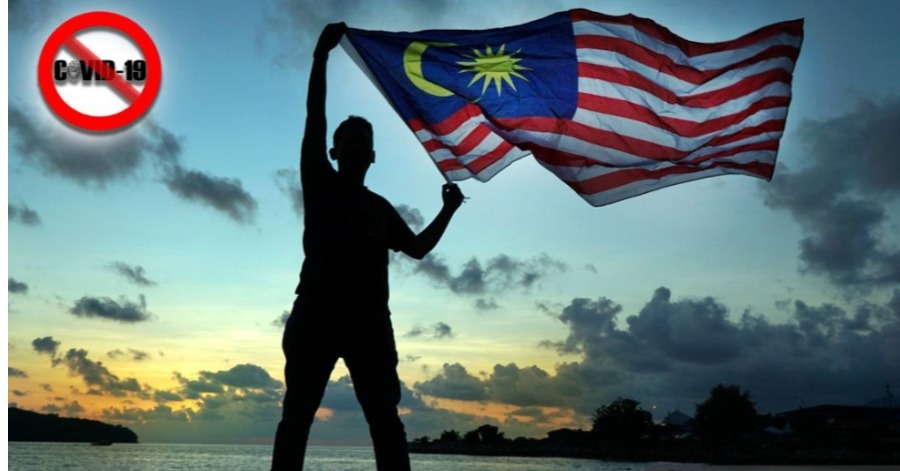

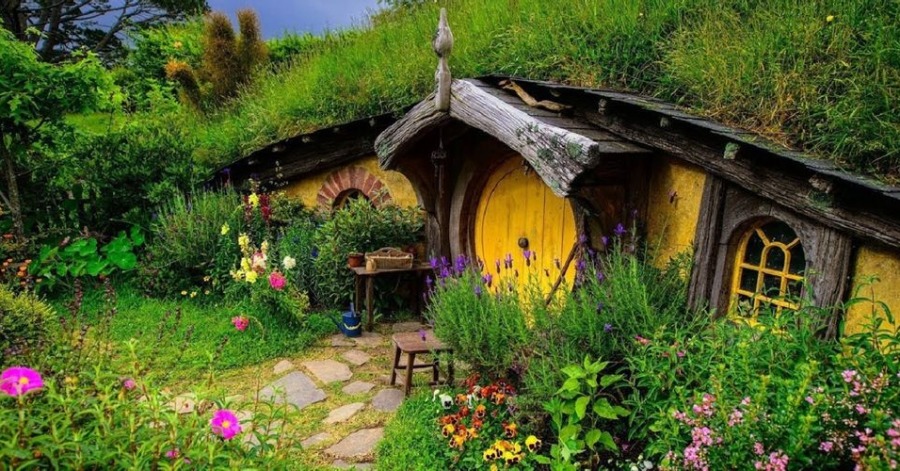
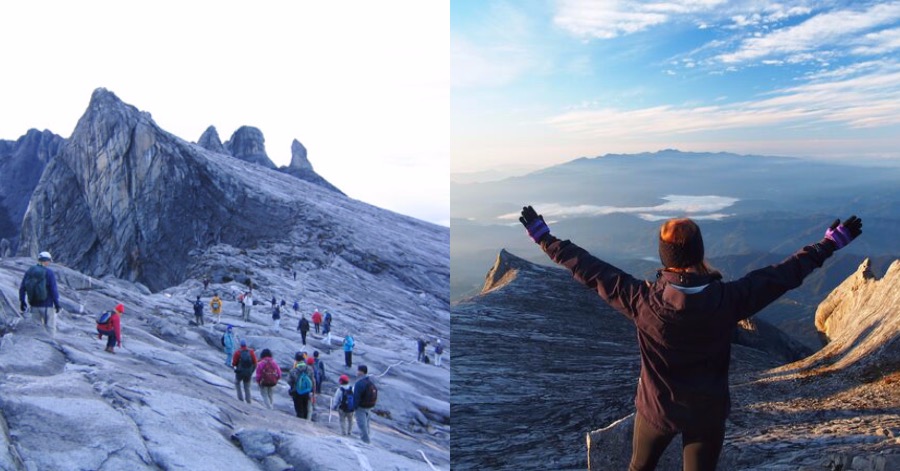
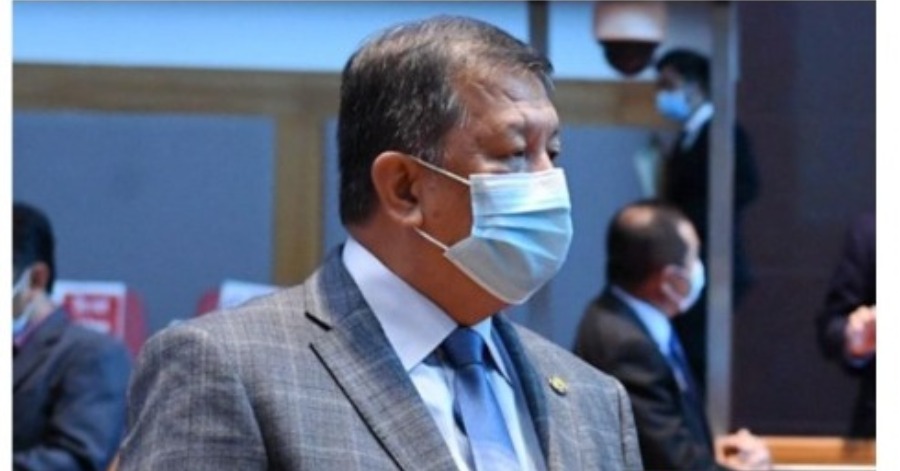
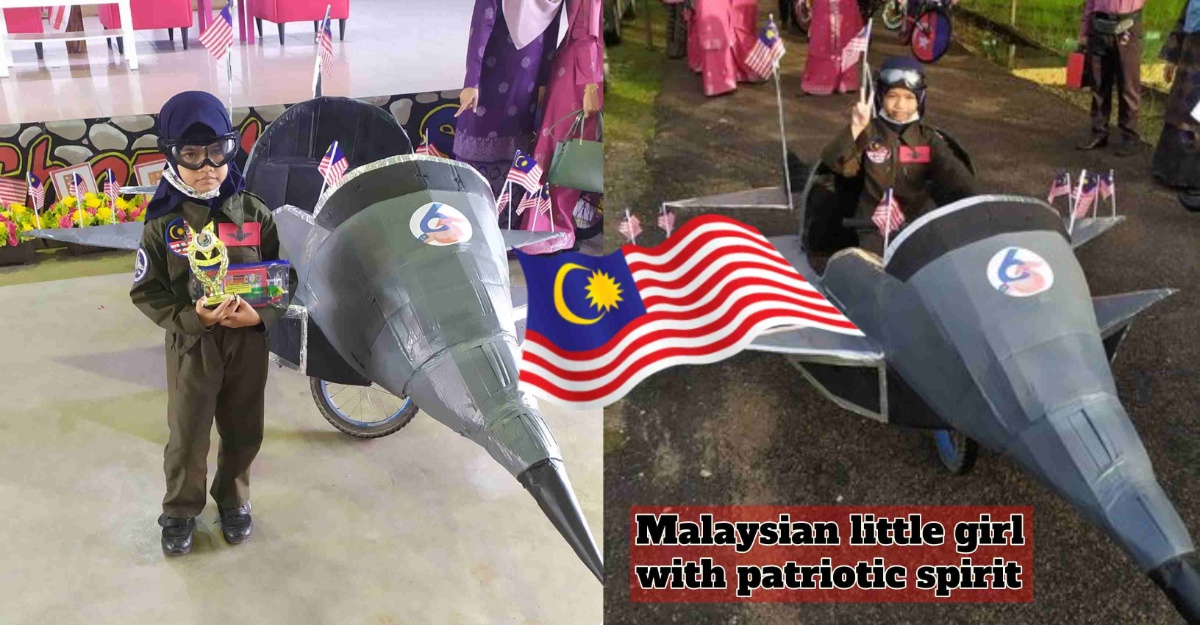
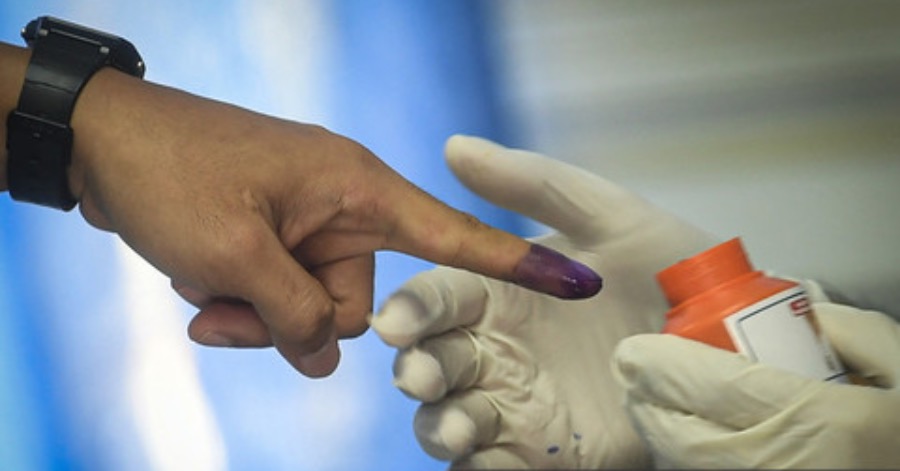
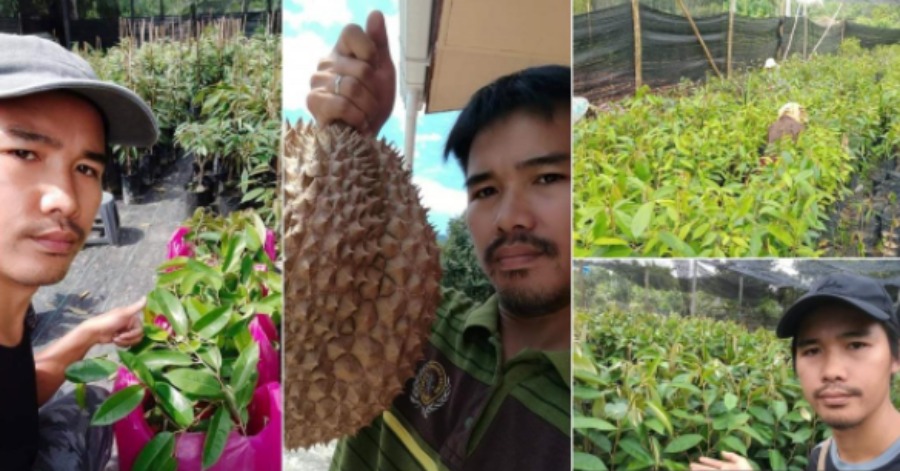
Leave a Comment